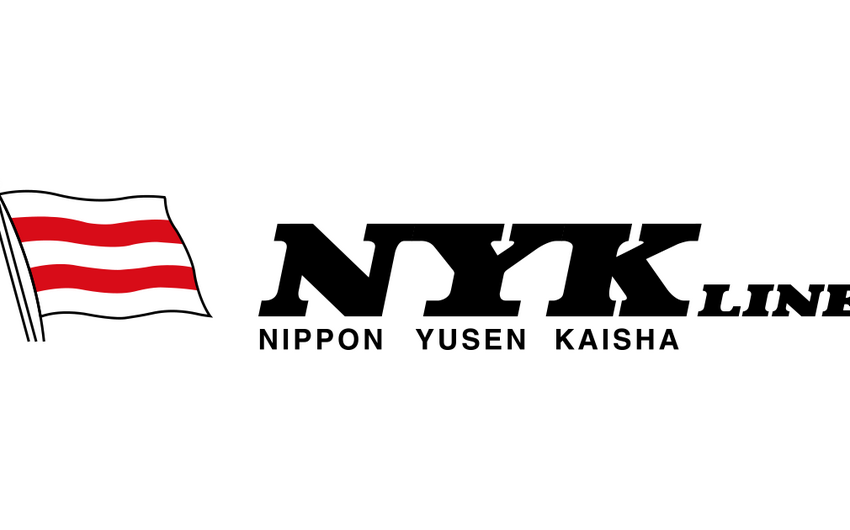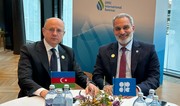One of the most critical steps in achieving decarbonization targets is maximizing the use of existing technologies, Akira Kono, Chief Financial Officer (CFO), Senior Assistant to the President of Japanese Nippon Yusen Kabushiki Kaisha (NYK), told Report.
Kono noted that the current technological capabilities of the shipping industry are not yet sufficient to enable the electrification of large-scale vessels. "Technically, zero-carbon fuel is not currently available. Our main goal until 2030 is to reduce the use of residual fuels by utilizing existing technologies. After 2030, we expect natural fuels, particularly ammonia, to become accessible. However, for the widespread use of ammonia, it is essential to ensure large-scale vessels, production, and supply chain," he explained.
The official explained that NYK is currently collaborating with Japanese engine manufacturers and shipbuilders to develop large-scale ammonia-powered vessels. "We are also expanding cooperation with other industry representatives involved in the production and supply of ammonia. In particular, the company is working on the use of ammonia for conservation purposes in collaboration with GERA," Kono added.
One of the main challenges in the decarbonization process is financial resources. "Achieving these goals requires continuous investments, which leads to high costs. Our customers, stakeholders, and society should support decarbonization. Our main problem is integrating these costs into the supply chain. To do this, we must be transparent and share the costs," he emphasized.









